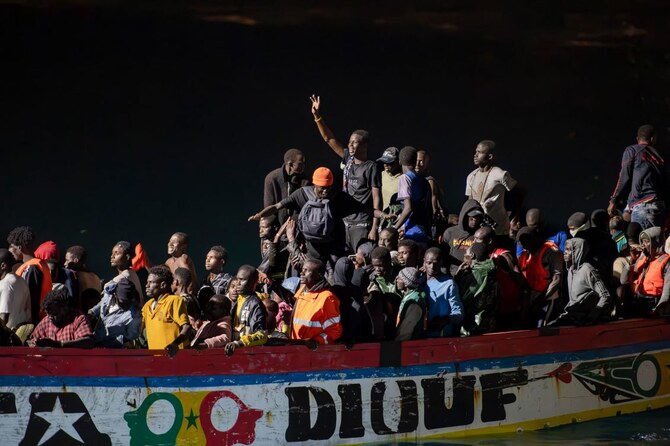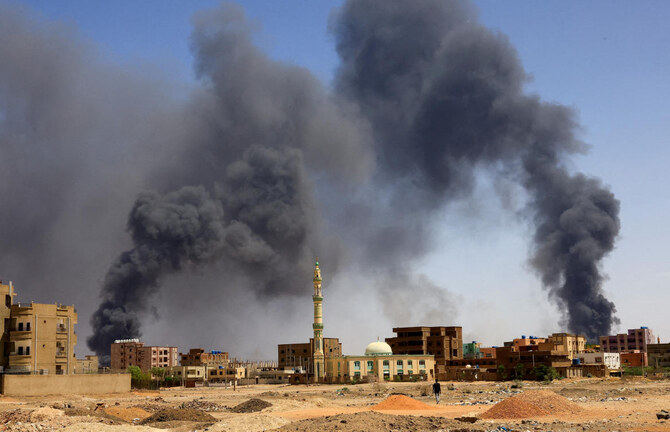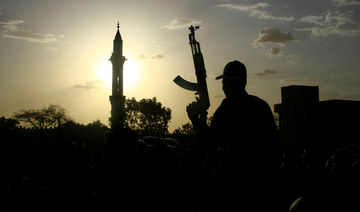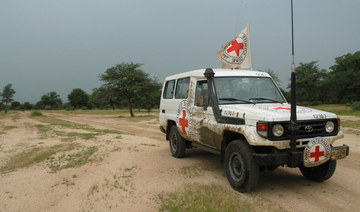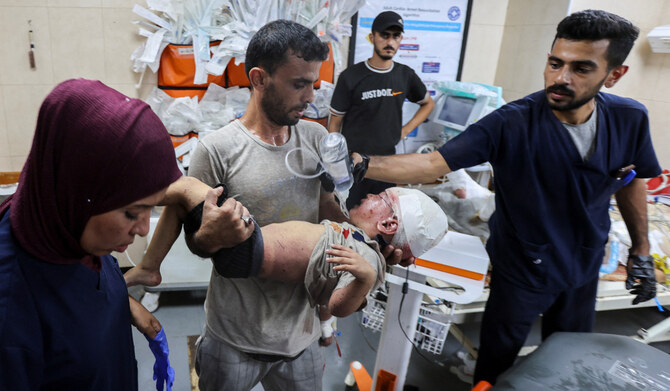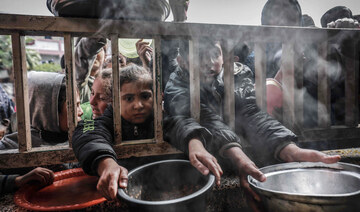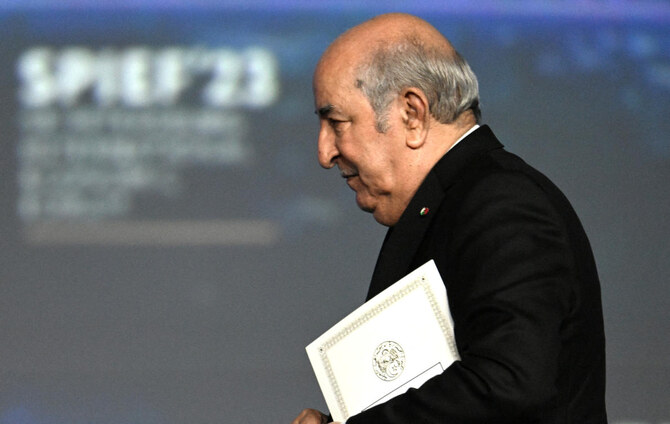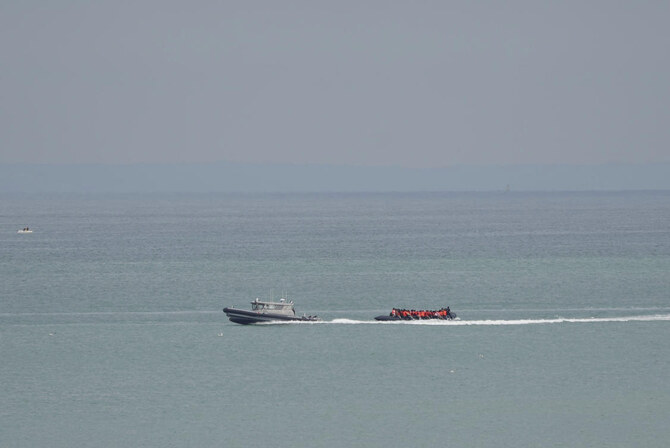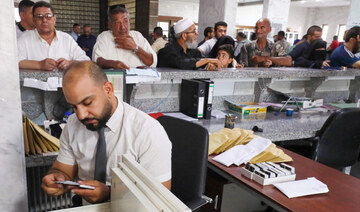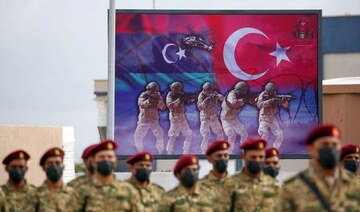BEIRUT: Hostilities between Hezbollah and the Israeli army continued in southern Lebanon on Friday.
An Israeli airstrike targeting the outskirts of Markaba in the Marjayoun district killed two members of Hezbollah on Friday.
Israeli artillery shelled the outskirts of Shebaa, and phosphorus bombs targeted the outskirts of Rachaya Al-Foukhar in the Hasbaya district.
At dawn, Israeli warplanes raided the outskirts of Aita Al-Shaab, targeting an empty house.
The Israeli army said in a statement that it “shelled a Hezbollah military building in the Aita Al-Shaab area.”
Hezbollah announced targeting “the technical system at the Ramya site with a guided missile, hitting it directly and destroying it.”
The party targeted “a movement of Israeli soldiers inside the Hadab Yaroun site with appropriate weapons, hitting it directly.”
For the second consecutive day, Hezbollah used “anti-aircraft missiles, which it announced were fired at Israeli warplanes within Lebanese airspace in the south.”
In a statement, it said that “launching these missiles forced the Israeli planes to retreat and withdraw behind the Lebanese borders.”
Hezbollah’s military media published footage of the operation targeting “an anti-drone system at the Israeli military site of Al-Abad at the southern border using an assault drone.”
The military media also showed footage taken by “an assault drone while targeting a building used by Israeli army soldiers in the settlement of Metula.”
Israeli media reported that “sirens sounded in Dafna, She’ar Yashuv, and Kibbutz Dan in the Galilee panhandle.”
UNIFIL spokesperson Andrea Tenenti said that “the extent of the damage cannot currently be estimated until the exchange of fire ends, but it is certain that many homes have been destroyed, tens of thousands of families have been displaced, and many civilians have been injured or killed, necessitating a cessation of violence.”
Tenenti affirmed the UN’s position that Resolution 1701 had provided more than 17 years of relative stability due to the parties’ commitment to it.
“It faces challenges in the form of a lack of practical commitment from both Israel and Lebanon to implement it fully, but it remains the most effective framework for addressing the current situation and working toward a long-term resolution of the conflict.”
The UNIFIL spokesperson stated that “the key provisions of Resolution 1701, including security, stability, support for the Lebanese army, and a long-term solution, remain in effect, and the success of Resolution 1701 depends on the parties’ commitment.”
Tenenti stressed the need to “maintain open channels of communication with all parties to de-escalate tensions and reduce the risk of misunderstandings that could lead to further conflict, which no one wants.”
The Lebanese Ministry of Health, in its cumulative report on health emergencies in light of the Israeli attack on Lebanon, clarified on Friday that “the death toll from this aggression from Oct. 8, 2023, to July 23 has risen to 490, in addition to 2,016 injured.”
2 Hezbollah members killed in Israeli airstrike
https://arab.news/2xau8
2 Hezbollah members killed in Israeli airstrike

- UNIFIL spokesperson: UN Resolution 1701 depends on parties’ commitment
- Hezbollah films drones attacking Israeli military sites






